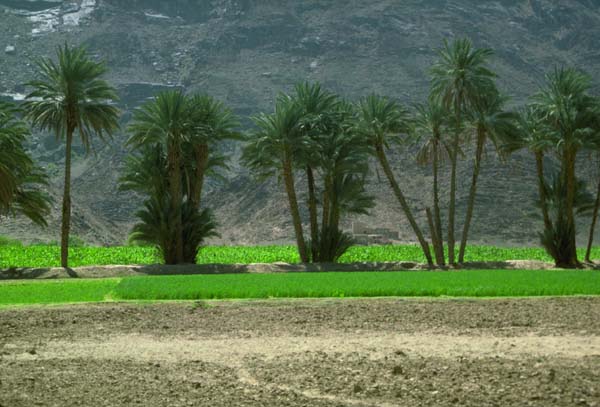Groundwater problems and the responses to them need to be viewed through a lens that is often different from existing management practice. While groundwater overdraft, pollution and quality problems contribute to food insecurity in many parts of the world, their implications for global food production levels cannot be estimated accurately. (In this paper, ‘overdraft’ refers to abstraction of groundwater that results in significant long-term declines in groundwater levels, without necessarily implying that the abstraction exceeds recharge.) Agricultural production based on groundwater is only one of numerous social, economic and environmental factors that determine food security. Furthermore, analysis of the links between groundwater overdraft and global food security yields little practical insight into how to address groundwater problems. Groundwater management is generally difficult to implement. Effective strategies are constrained by lack of data, limited technical capacities and, above all, lack of political and wider social support for standard regulatory or related interventions. Rapid demographic, economic and environmental changes in many regions often render such interventions inappropriate. By the time sufficient data and information are available to support management and the appropriate institutional frameworks are in place, conditions have often evolved to the point where initially envisioned management strategies have little chance of success. Change is an ongoing process and in many situations society is adapting rapidly to constraints and opportunities as they emerge.
Responses to emerging groundwater problems need to be identified on a more strategic basis than in the past. While integrated approaches to groundwater management in aquifers that are crucial to key uses (e.g. urban supply) may be feasible, the viability of establishing effective management systems over the large aquifers at risk in many countries is significantly lower. However, in many cases, people are responding to emerging groundwater problems through a variety of coping strategies. In addition, people are migrating or developing livelihood strategies that are not water intensive in some areas. These changes, the incentive for which is often unrelated to groundwater, could represent a major avenue for reducing the social consequences of groundwater overdraft and the pressure on the resource base. Adaptive strategies that build off existing social trends and responses to water problems may contain opportunities for effective responses that the standard water management lens misses.
The limited groundwater management capacity (including the political capital needed to implement regulations and similar interventions) needs to be concentrated on a limited number of strategic, high-priority areas where it can be effective. In other regions, strategies that help people to adapt may prove more successful. Simple early-warning indicators that help guide such strategic approaches may be more important than detailed groundwater studies. Rather than attempting to identify global problems or apply a single broadly integrated management philosophy to all situations, there needs to be more focus on adapting groundwater response strategies to the array of factors that determine opportunities and constraints in specific situations (Plate 1).
Goundwater irrigation or thin linear aquifers in south Yemen

[J.J. Burke]